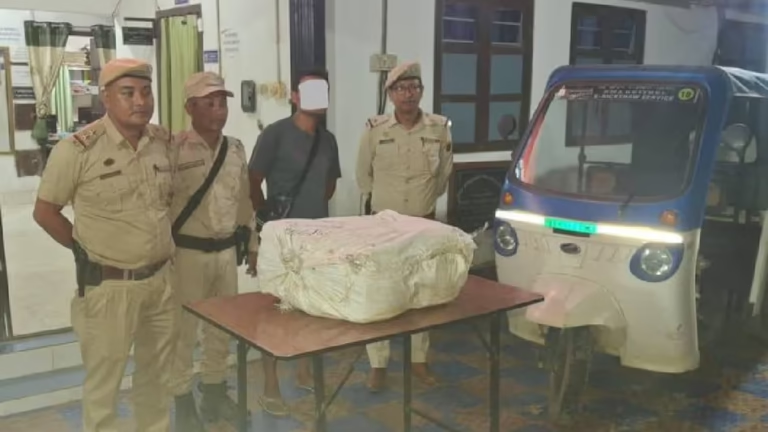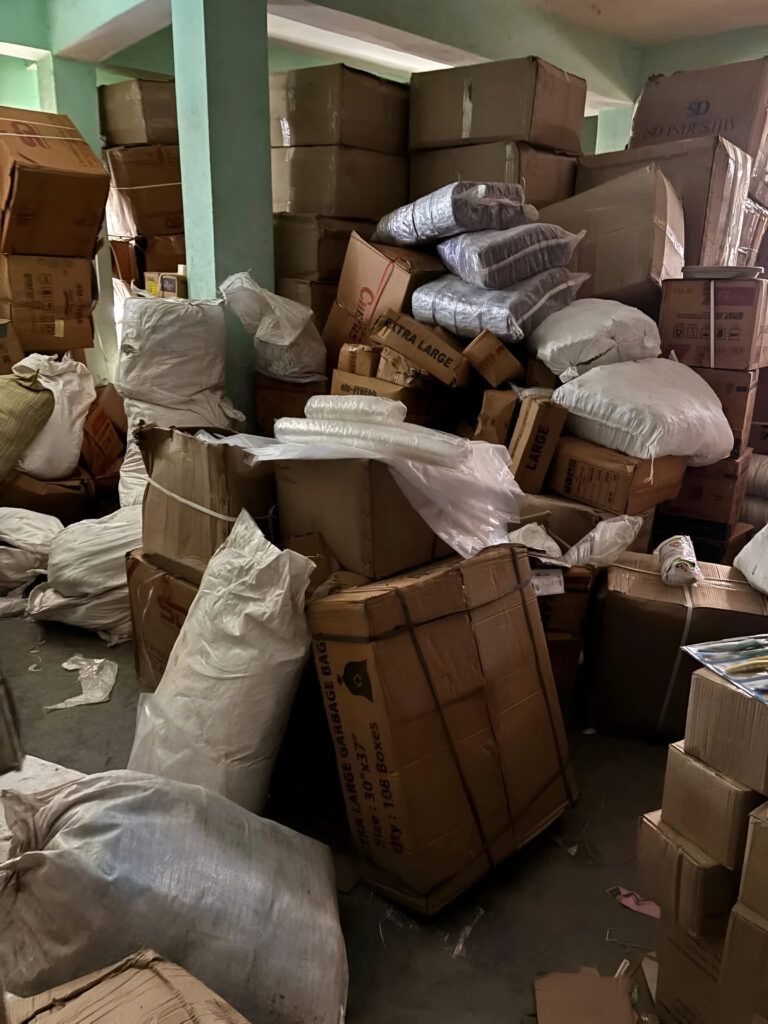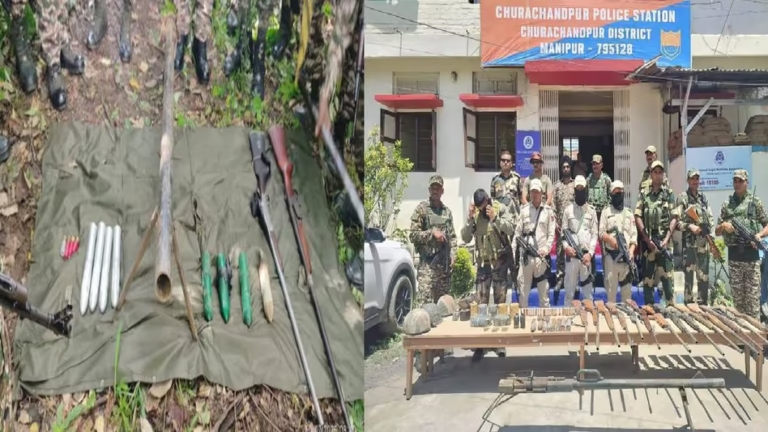Manipur Congress Criticizes CDBA’s Ban on Meitei Judge: A Deep Dive into the Controversy
In a recent development, the Manipur Pradesh Congress Committee (MPCC) has expressed strong disapproval of the Churachandpur District Bar Association’s (CDBA) decision to bar a Meitei judge from entering the district. This move has sparked debates about judicial impartiality, ethnic tensions, and the broader implications for Manipur’s socio-political landscape.
Summary of the Incident
The Churachandpur District Bar Association (CDBA) recently announced a ban on the entry of a Meitei judge who is part of a Supreme Court delegation visiting Manipur. This decision has been met with criticism from various quarters, including the Manipur Pradesh Congress Committee (MPCC), which has questioned the intent behind such a move.
Unpacking the Controversy
To fully grasp the gravity of this situation, it’s essential to delve deeper into the various facets of this controversy.
The Role of the Judiciary in Conflict Zones
The judiciary serves as the bedrock of democracy, ensuring justice is delivered impartially. In regions marred by conflict, the judiciary’s role becomes even more crucial. The Supreme Court’s initiative to send a delegation to Manipur underscores its commitment to addressing humanitarian concerns and ensuring justice for all affected communities.
However, the CDBA’s decision to bar a Meitei judge from this delegation raises several concerns:
- Impartiality of Justice: By singling out a judge based on ethnic identity, the CDBA’s action challenges the fundamental principle that justice is blind to race, religion, or ethnicity. Such moves can erode public trust in the judiciary’s impartiality.
- Precedent for Future Actions: Allowing local bodies to dictate terms based on ethnic lines can set a dangerous precedent, potentially leading to further divisions and hindrances in the delivery of justice.
Ethnic Tensions in Manipur: A Historical Perspective
Manipur’s socio-political fabric is intricate, woven with diverse ethnic communities, each with its unique history and aspirations. The Meitei community predominantly resides in the Imphal Valley, while tribal communities like the Kukis and Nagas inhabit the surrounding hill districts.
This diversity, while a source of cultural richness, has also been a flashpoint for conflicts:
- Land and Resources: Disputes over land ownership and resource allocation have been longstanding issues, often leading to tensions between communities.
- Political Representation: Allegations of unequal representation and favoritism have further strained inter-community relations.
The CDBA’s recent action can be viewed against this backdrop of historical mistrust and grievances.
MPCC’s Stance: Advocating for Unity and Justice
The Manipur Pradesh Congress Committee’s (MPCC) swift response to the CDBA’s decision highlights its commitment to upholding constitutional values:
- Condemnation of the Ban: MPCC President Keisham Meghachandra termed the CDBA’s move as “inappropriate and unacceptable,” emphasizing that judges, appointed under the Constitution, should not face ethnic-based restrictions.
- Call for Reconsideration: The MPCC has urged the CDBA to rethink its decision, advocating for coexistence among Manipur’s multi-ethnic populace.
The Broader Implications for Manipur
This incident is not isolated; it reflects deeper issues within Manipur’s society:
- Erosion of Institutional Integrity: Actions that undermine the judiciary’s independence can weaken democratic institutions, leading to a breakdown in law and order.
- Deepening Ethnic Divides: Such decisions can exacerbate existing ethnic tensions, making reconciliation and peace-building efforts more challenging.
- Impact on Humanitarian Efforts: The Supreme Court delegation’s primary objective was to assess and address the conditions of Internally Displaced Persons (IDPs) in relief camps. Hindrances to their mission can delay much-needed aid and justice for affected individuals.
The Path Forward: Fostering Unity and Upholding Justice
To navigate this complex situation, a multifaceted approach is essential:
- Dialogue and Reconciliation: Open channels of communication between various ethnic groups can help address underlying grievances and build mutual trust.
- Strengthening Institutions: Ensuring that institutions like the judiciary operate without external pressures is vital for maintaining democracy and justice.
- Public Awareness: Educating the masses about the importance of unity, constitutional values, and the dangers of ethnic discrimination can foster a more inclusive society.
Conclusion
The controversy surrounding the CDBA’s ban on a Meitei judge serves as a poignant reminder of the challenges that arise when ethnic identities overshadow constitutional principles. It underscores the need for collective efforts to uphold justice, promote unity, and ensure that Manipur’s rich diversity becomes its strength rather than a source of division.
FAQs
- What prompted the CDBA to ban the Meitei judge?
- The CDBA’s decision appears to be influenced by existing ethnic tensions in the region, though specific reasons were not detailed in their announcement.
- How has the Supreme Court responded to this ban?
- As of now, there hasn’t been an official response from the Supreme Court regarding the CDBA’s decision.
- What is the current situation of Internally Displaced Persons (IDPs) in Manipur?
- Following the communal violence in 2023, many individuals were displaced and are currently residing in relief camps. The Supreme Court delegation’s visit aims to assess and improve their conditions.
- Has the CDBA issued bans like this in the past?
- There is no public record of the CDBA implementing similar bans on judicial figures previously.
- What steps are being taken to reduce ethnic tensions in Manipur?
- Various initiatives, including dialogues between community leaders, government interventions, and civil society efforts, are underway to promote peace and unity in the region.




